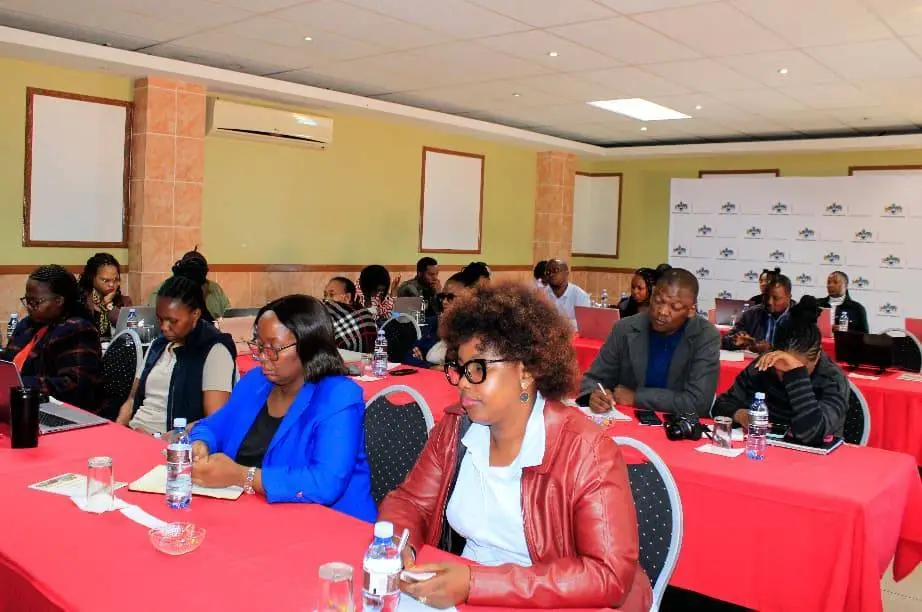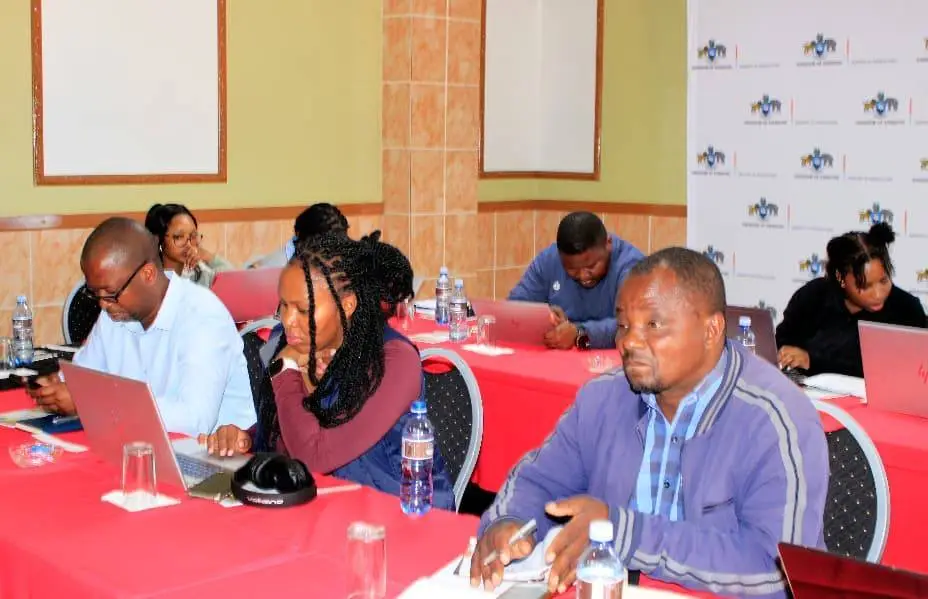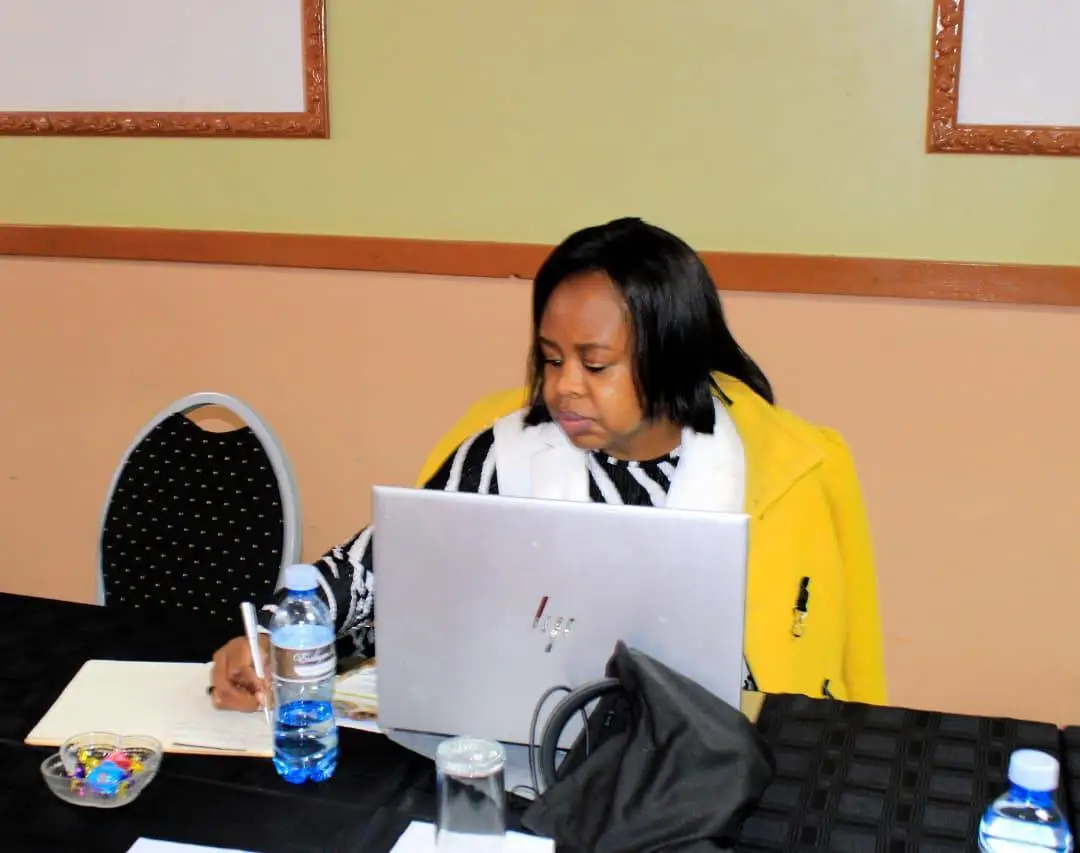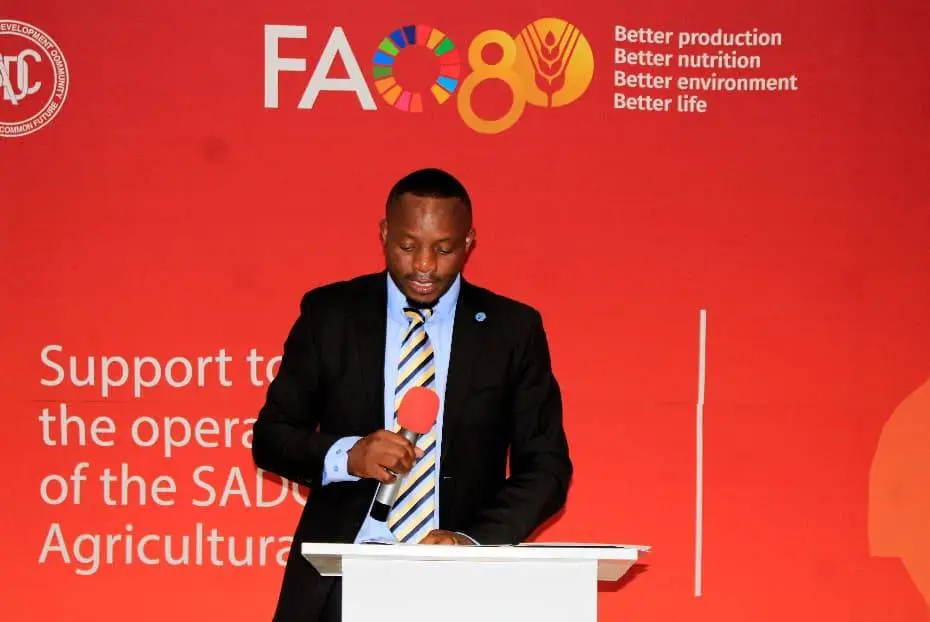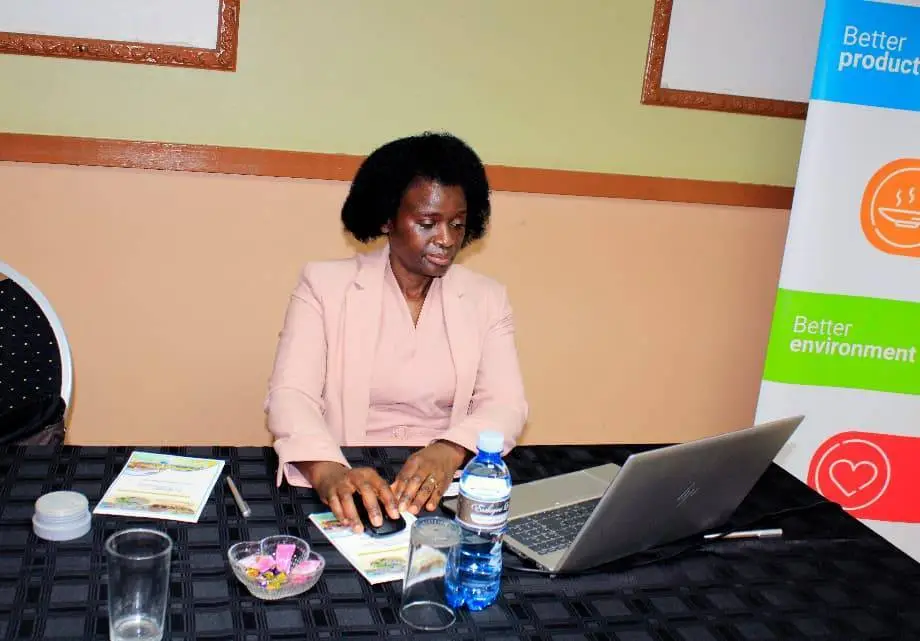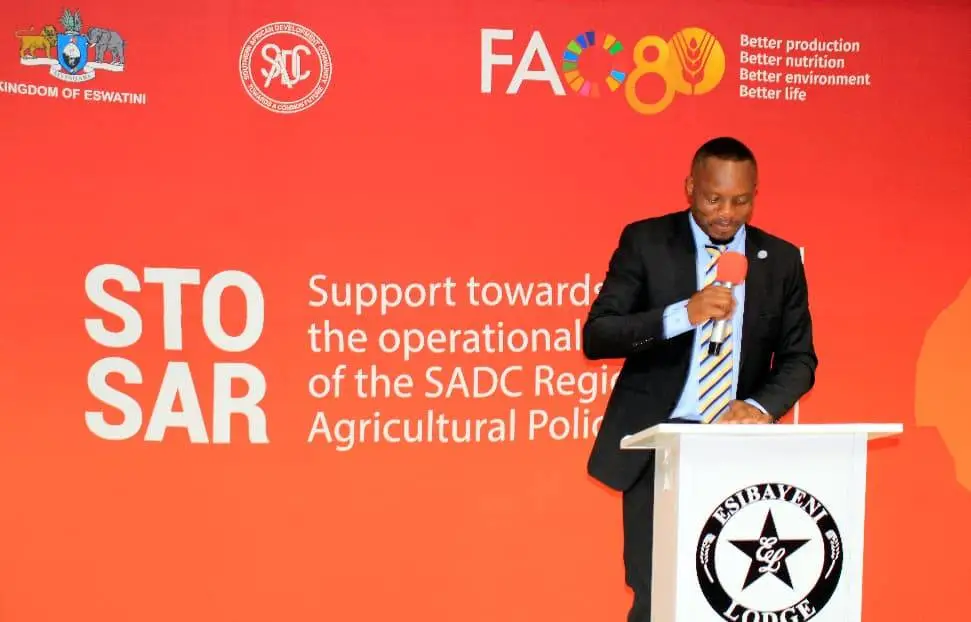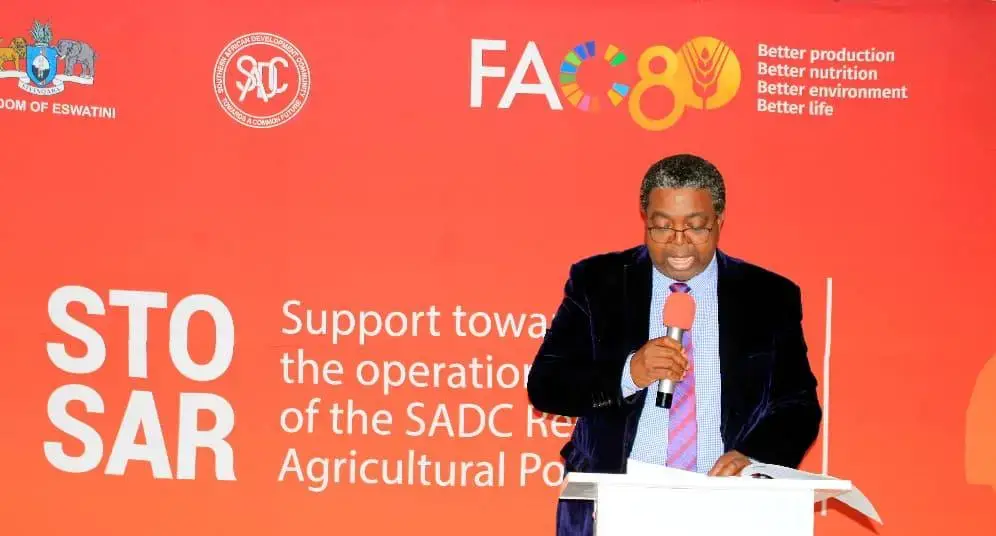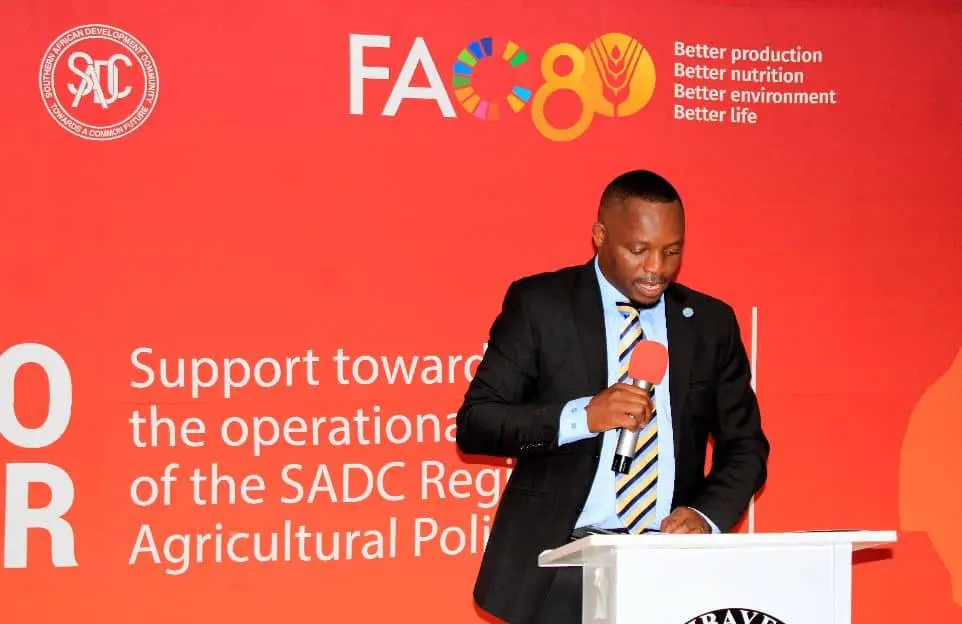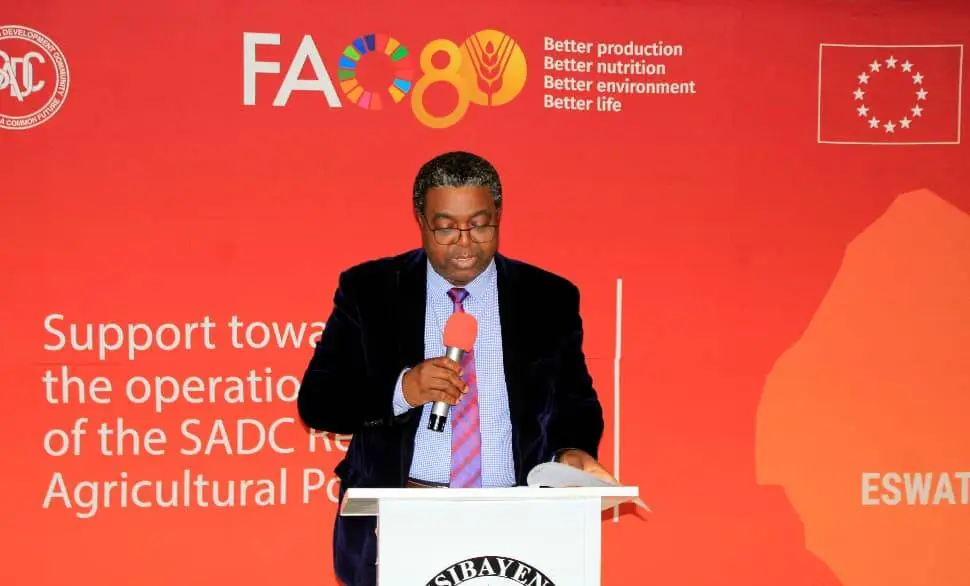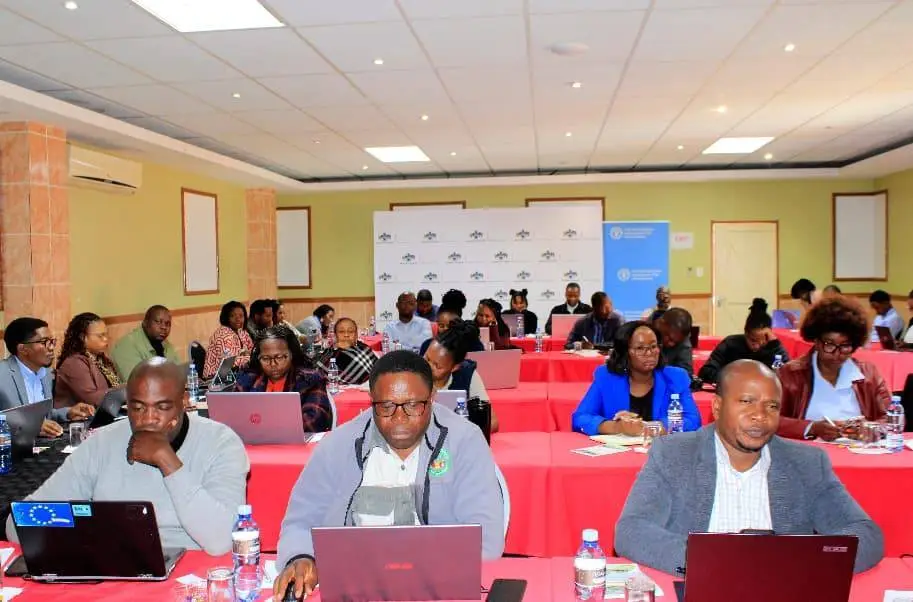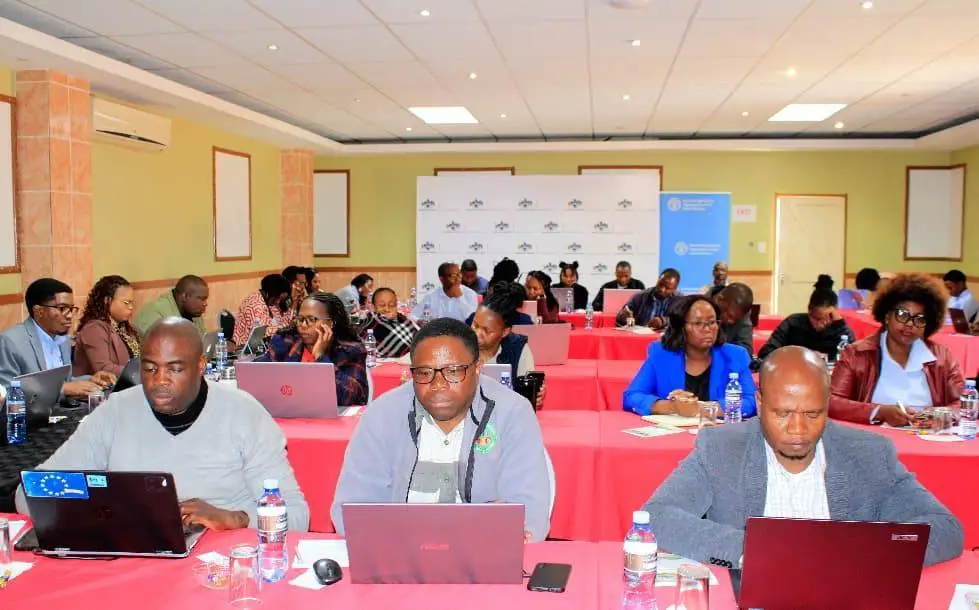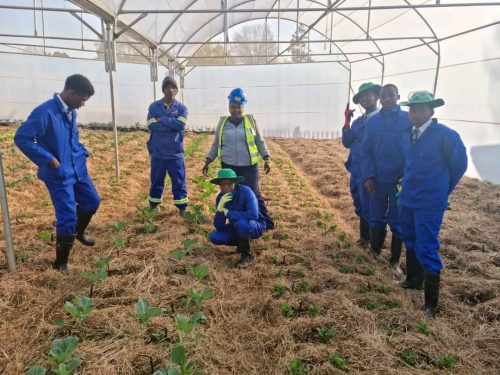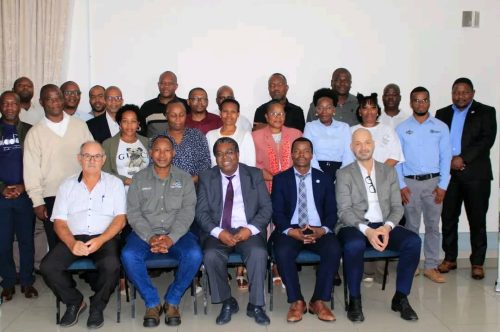BY PHESHEYA IAN KUNENE
MATSAPHA – A new dawn is breaking for Eswatini’s farmlands.
Farmers are gearing up for a brighter tomorrow following the launch of the E200 million Support Towards the Operationalization of the SADC Regional Agricultural Policy Project (STOSAR II).
The regional game-changer is set to toughen Eswatini’s farming backbone, open new markets, and grow farmers’ profits, this was revealed during a workshop put together by FAO Eswatini.
The two-day inception workshop, held at Esibayeni Lodge in Matsapha, brought together top minds from the Ministry of Agriculture, FAO, SADC, and the European Union, the project’s main funder.
The initiative runs from 2025 to 2028 and aims to transform agriculture across Southern Africa, with Eswatini firmly in the mix.
“A SYSTEM TO DEAL WITH OUR FARMING CHALLENGES”
Principal Secretary Sydney Simelane said the project would change the face of local agriculture from the ground up.
“For Eswatini, STOSAR II is more than a project, it’s a partnership for progress. It will strengthen our data systems, improve plant and animal health, secure food supply, and build strong, inclusive value chains that benefit women and youth," Simelane said.
Simelane described agriculture as the heartbeat of Eswatini’s economy, a lifeline for thousands and a pillar of food security. Yet, he noted the industry has long battled drought, pests, and market barriers.
“This initiative gives us a real system to deal with these challenges. It helps us plan better, use resources wisely, and respond faster when farmers are hit by shocks,” he said.
FARMERS AT THE HEART OF THE PLAN
With a E200 million (EUR 10 million) investment, STOSAR II will boost capacity, fund training, and open new market opportunities for farmers.
Simelane thanked the European Union for the funding, FAO for technical support, and SADC for the framework guiding the project.
“Most importantly,” he added, “we thank our farmers, the real heroes who make Eswatini’s agriculture thrive.”
LESSONS FROM SUCCESS
FAO Sub-Regional Coordinator Dr. Patrice Talla said the success of STOSAR I (2018–2024) paved the way for this next chapter.
“Through STOSAR I, Eswatini improved food safety, boosted lab infrastructure, and strengthened its ability to trade globally. Now, with STOSAR II, we’re taking things further, building smarter systems and empowering smallholders to grow, trade, and thrive," he said.
BUILDING A SMARTER, GREENER FUTURE
Simelane said the new phase would bring technology to the fields.
“We’re investing in research, innovation, and smart farming. Eswatini must be competitive, efficient, and ready for the global stage,” he said.
He added that these reforms were part of the ministry’s broader push toward food sovereignty and rural empowerment.
“This is how we turn agriculture into an engine for growth, through data, innovation, and determination,” he said.
TURNING HOPE INTO HARVEST
As the workshop wrapped up, the atmosphere buzzed with optimism. Farmers, experts, and officials agreed on one thing, the seeds of change have been planted.
“With STOSAR II,” Simelane concluded, “we’re not just growing crops. We’re growing hope, opportunity, and the future of our nation.”

